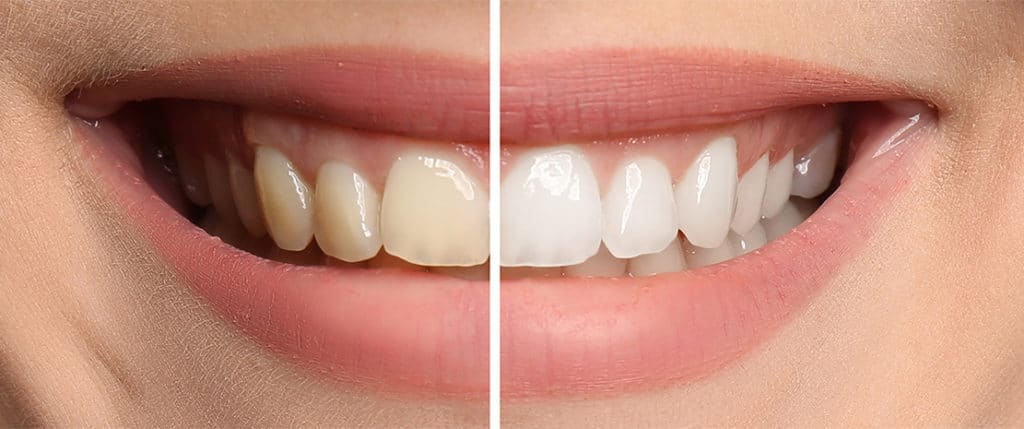Water is an essential component of our lives, and it is crucial for maintaining good health. However, not all water sources are created equal. Some water sources may contain high levels of minerals such as chlorides, which can have adverse effects on our teeth.
Chlorides are naturally occurring minerals found in many water sources, including well water and municipal water supplies. In some cases, high levels of chlorides can result from the use of certain chemicals in water treatment plants.
When we consume water that contains high levels of chlorides, these minerals can accumulate on the surface of our teeth over time. This accumulation can cause the formation of dental plaque, a sticky film that can harbor harmful bacteria and lead to tooth decay and gum disease.
Additionally, high levels of chlorides in water can cause erosion of tooth enamel, the hard outer layer of teeth that protects them from damage. When enamel erodes, teeth become more vulnerable to decay and sensitivity.

Furthermore, exposure to high levels of chlorides can also cause discoloration and staining of teeth, making them appear yellow or brown.
To reduce the risk of chlorides formation in teeth due to bad water, it is essential to ensure that the water source is properly treated and filtered before consumption. It is also recommended to brush teeth twice a day, floss regularly, and use mouthwash to maintain good oral hygiene.
In conclusion, high levels of chlorides in water can have adverse effects on our dental health, causing the formation of plaque, erosion of tooth enamel, and discoloration of teeth. It is essential to be aware of the water quality and take measures to ensure that the water source is properly treated and filtered to avoid these issues.
Reverse osmosis (RO) is a water treatment technology that removes impurities and contaminants from water by pushing it through a semipermeable membrane. This process can effectively remove minerals like chlorides from water, making it safer for consumption and reducing the risk of dental health issues.
By using an RO plant to treat the water, the high levels of chlorides in the water can be significantly reduced or eliminated, thus mitigating the risk of dental health problems. An RO plant can also remove other impurities such as dissolved solids, bacteria, and viruses from water, making it safe and healthy not only for drinking and cooking purposes but also for all other general purposes like brushing teeth, Bathing, etc.
Moreover, using an RO plant can provide an affordable and sustainable solution to poor water quality, especially in areas where the water supply is contaminated with high levels of minerals and other impurities. It can also be an effective solution for households and communities that rely on Bore/Well water sources.
In conclusion, using an RO plant can be an effective solution to reduce the risk of dental health problems caused by high levels of chlorides in the water. It can also provide a sustainable and affordable solution for treating poor water quality in households and communities. It is essential to be aware of the water quality and take measures to ensure that the water source is properly treated and filtered to avoid dental health issues.
